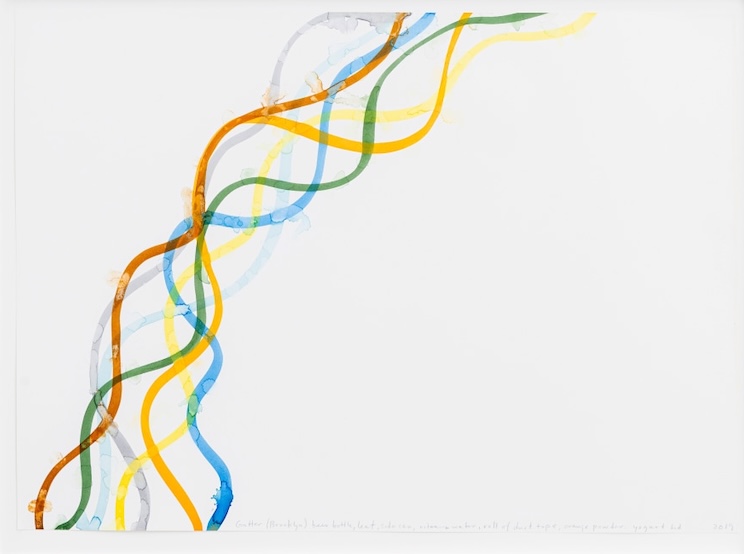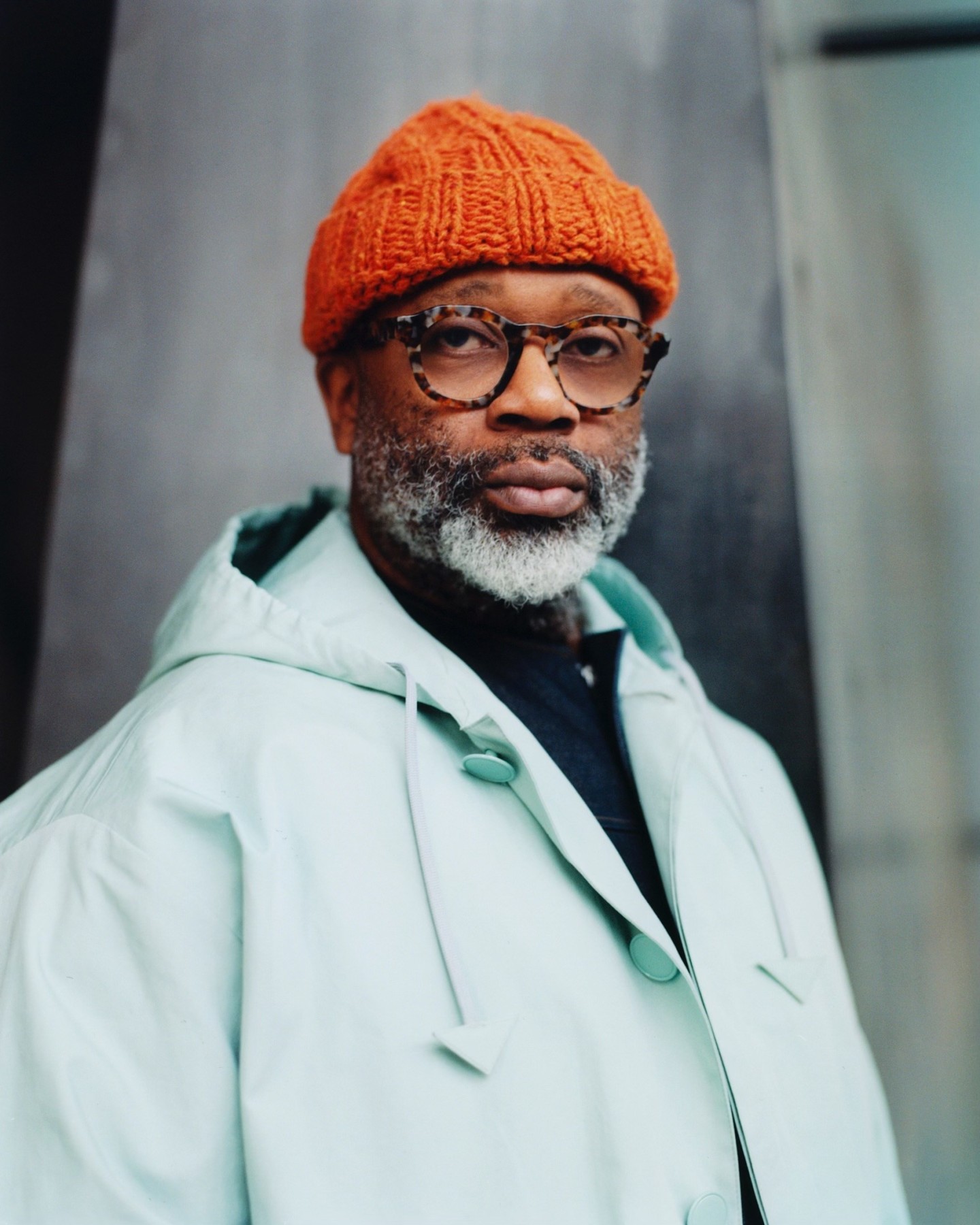News From Around the Art World: August 3, 2020


Where Did Stonehenge Get Its Stones? Scientists Thank 90-Year-Old Retiree
The origins of Stonehenge’s massive stone monoliths, long shrouded in mystery, have at last been demystified. The new research was made possible thanks to a former diamond cutter, Robert Phillips, who was involved in repairs carried out on the prehistoric structure in 1958. Phillips kept a the three-and-a-half foot cylindrical cores, which was set to be discarded, as a souvenir, hanging it in his office. Sixty years later, Phillips, on the eve of his 90th birthday, returned the core to English Heritage, which oversees Stonehenge.
By Sarah Cascone, Artnet
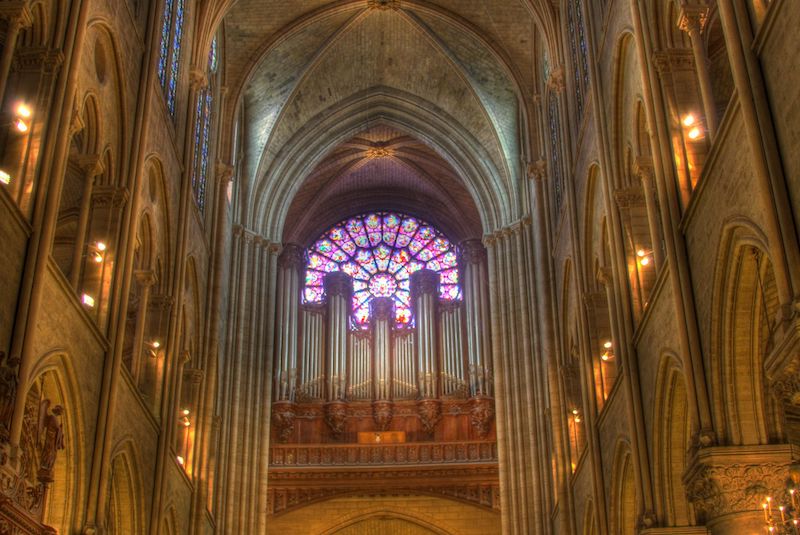
Saving Notre Dame's 'voice': mammoth restoration begins on cathedral's fire-damaged organ
The latest stage in the restoration of Paris's Notre Dame cathedral begins today: the gradual removal of its great organ, which must be cleaned piece by piece, according to the public body in charge of the cathedral's reconstruction. Scaffolding was erected in July to enable the operation.
During the April 2019 fire, the symphonic organ was not badly damaged either by flames or by the water used during the firemen's rescue operation. However, the instrument was covered with lead dust and some parts were affected by thermal variations, such as during last July's heatwave.
By Anna Sansom, The Art Newspaper

How Two Sanctioned Russian Billionaire Brothers Bought Art Anyway
Two months after the U.S. imposed sanctions on Russian construction billionaires Arkady and Boris Rotenberg in March 2014, the brothers sent their art adviser on a shopping spree, according to a Senate investigation report released Wednesday. At a Sotheby’s auction that month in New York, the Rotenbergs, who are lifelong friends of Russian President Vladimir Putin, paid $6.8 million for 10 works of art, including a cubist still life by Georges Braque and a swirling tableau by Marc Chagall, the report said.
By Kelly Crow, Wall Street Journal
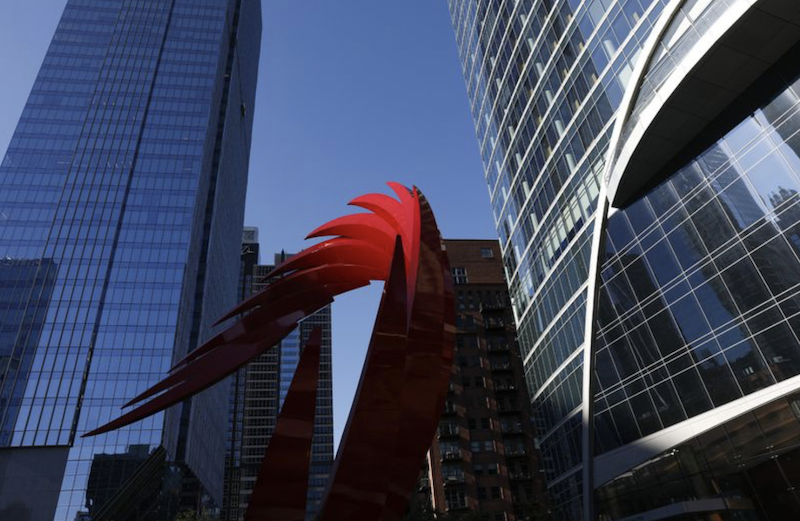
Farewell, Spire. Hello, spiral.
Remember the Chicago Spire, the planned 2,000-foot condo tower that would twist into the sky like a giant corkscrew but wound up an embarrassing hole in the ground?
Well, the architect of that failed project, Spanish-born, Zurich-based Santiago Calatrava, is back, with something considerably shorter — 29 feet short, to be exact.
By Blair Kamin, Chicago Tribune
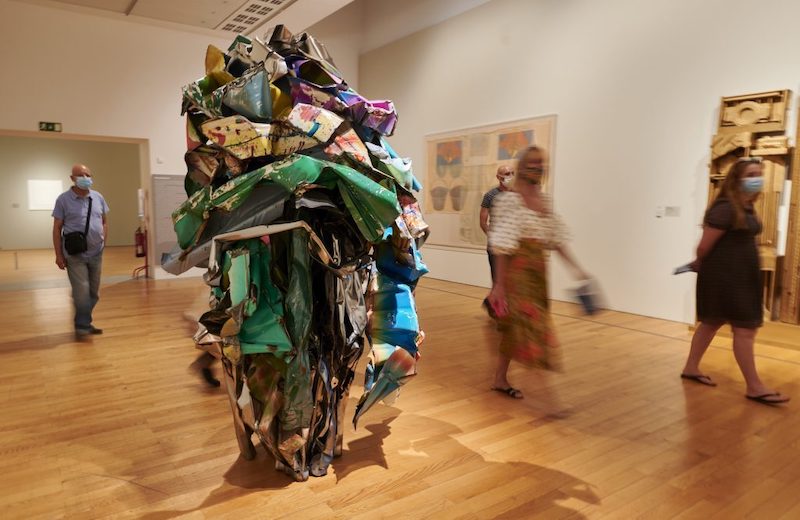
Most People Plan to Visit Museums Just as Much as Ever and 5 Other Takeaways From Artnet Survey
The pandemic is likely to change the way people do just about everything—the way they travel, the way they shop, the way they work.
But for around 60 percent of respondents to a new Artnet News survey, it will have little impact on the way they interact with art.
This is one of the surprising takeaways from the survey, which polled almost 2,000 Artnet News readers from 67 countries (though the majority of respondents hailed from the US). All told, the survey paints a picture of an art-engaged audience concerned with safety, but also committed to in-person experiences with art—though maybe not for the reasons you might expect.
Editor's Picks
Related:

